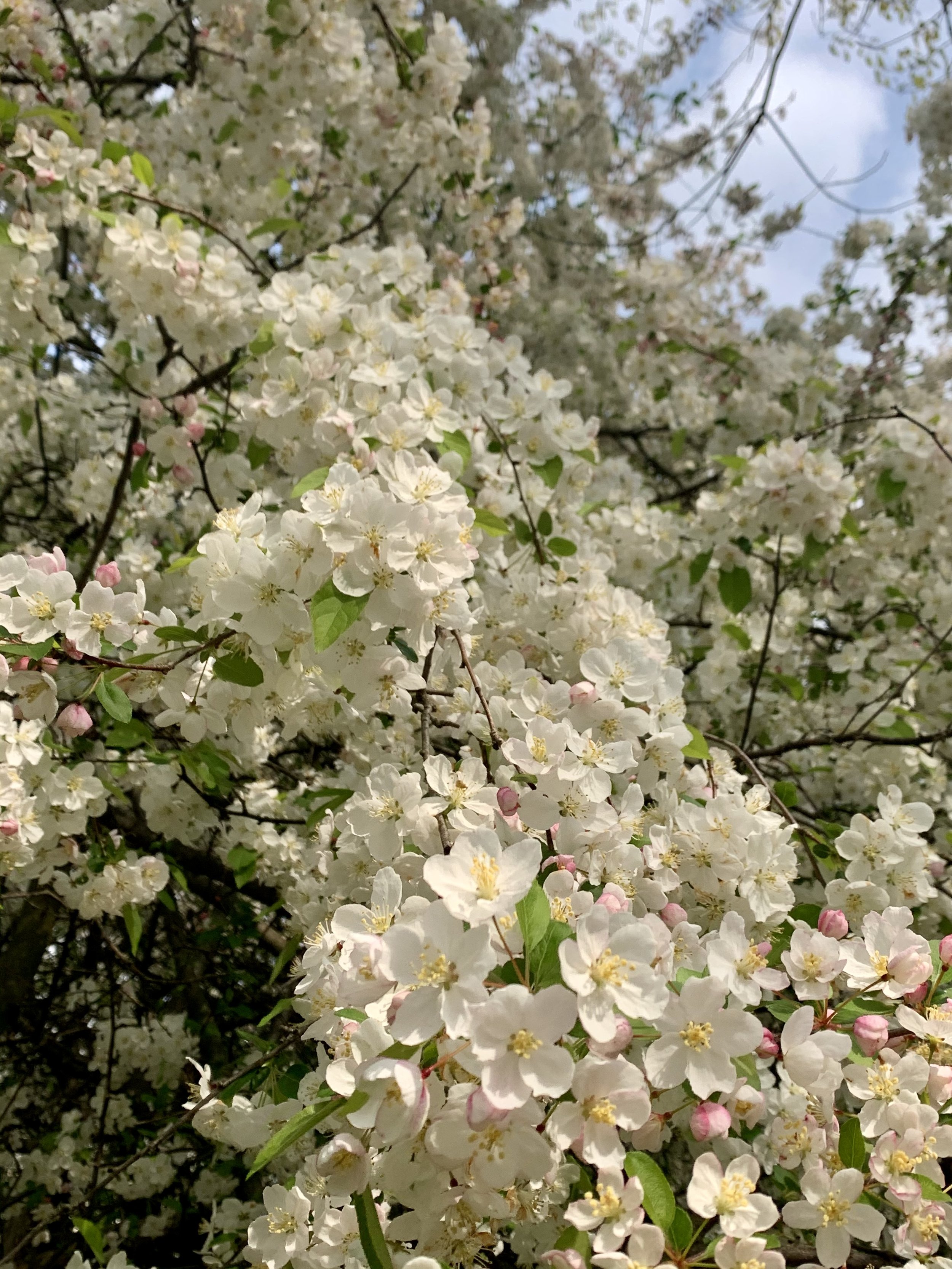THE EXHIBITION
•
THE EXHIBITION •

‘Anthony Acri--A Bunny’s Life Cartoons’
Anthony Acri is a cartoonist, illustrator and a social critic, in the terms of Croce or Vidal, who lives in the suburbia of Pittsburgh Pa, with his sister and brother and are all that is left of a family of Italians who had coddled and both warned him of the quagmire that he was going to be dealing in and with as a boy.

‘Past the Wall’
Cheney Luttich enjoys write poems and historical fiction. During the day, she's Professor Luttich at Southeast Community College in Nebraska. Off campus, she's having fun being mom and wife, and she's always up for a road trip to a museum, making a new friend, a chat on the front porch, or a giving a lecture about which of the three 19th century bustle periods is the coolest.

‘Fishing’
Derek Kalback is a music teacher in Cincinnati, OH. In his spare time he reads, writes, and spends time with his three daughters and fiancee.

‘Sheers of Fire and Ice’
Karlyn Rainey is a 22-year-old writer who studied professional writing and rhetoric and film and digital media at Baylor University in Waco, Texas. She has always enjoyed creative writing, especially longer-form poetry and fictional short stories. While creative writing is one of her hobbies, she also enjoys hiking, making bread, making collages, and painting for her online website, karlynrainey.art, in her spare time while balancing job hunting in technical writing or editing. She hopes to continue writing creatively while growing her career and continuing to do everything that she loves.

‘Tambourine Man’
Daniel Ungs is a twenty-three year old writer from Danville, Kentucky. He recently earned his bachelor's degree from Western Kentucky University where he studied English and Film. While attending WKU, Daniel published several works in undergraduate literary and academic journals, such as Zephyrus and The Ashen Egg. He was also the recipient of several creative writing awards at the university, including the Wanda Gatlin Essay Award in 2022, the Dale Rigby Essay Award in 2023, and he took home first place in the Mary Ellen and Jim Wayne Miller Celebration of Writing Fiction Writing Contest in 2023.

‘Montauk’
Thomas Tobin is a 19 year old poet from the New York metropolitan area. In the last year, he has become heavily involved in the Columbus poetry scene.

‘I Am the Undertow’, ‘My Memories Live in Ashtrays’, ‘The Sand That I Am’, ‘Serene Storms’
Alyssa Troy is an English teacher in Bucks County, Pennsylvania. She received her B.A. from Rider University and has an M. Ed. from both Cabrini and Eastern University. Her poems are published or forthcoming in Blue Unicorn, Cool Beans Lit, In Parentheses, 300 Days of Sun, The Road Not Taken as well as other journals and magazines. She is the author of Transfiguration (2020).

‘The Creation of Joe Costello’
Jordon Jones has a MA Creative Writing and a BA in History from the University of Lincoln. He is originally from the northern town of Warrington, and his passion for storytelling started young.

‘On the Gobi’
Erin Jamieson’s writing has been published in over eighty literary magazines, including two Pushcart Prize nominations. Her poetry chapbook, Fairytales, was published by Bottlecap Press and her most recent chapbook, Remnants, came out in 2024. Her debut novel (Sky of Ashes, Land of Dreams) came out November 2023.

‘Call for Navigation’
Chris Taylor is a young writer of poetry and prose, hoping to connect with others through their own experiences as a queer person and as someone with mental illness. Their free time is filled with family, their dogs, and electronic and alternative music.